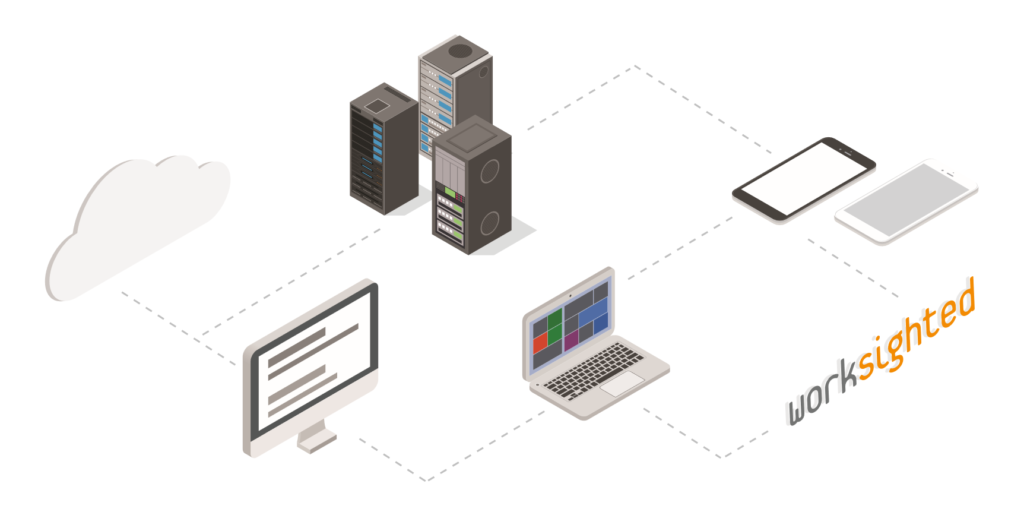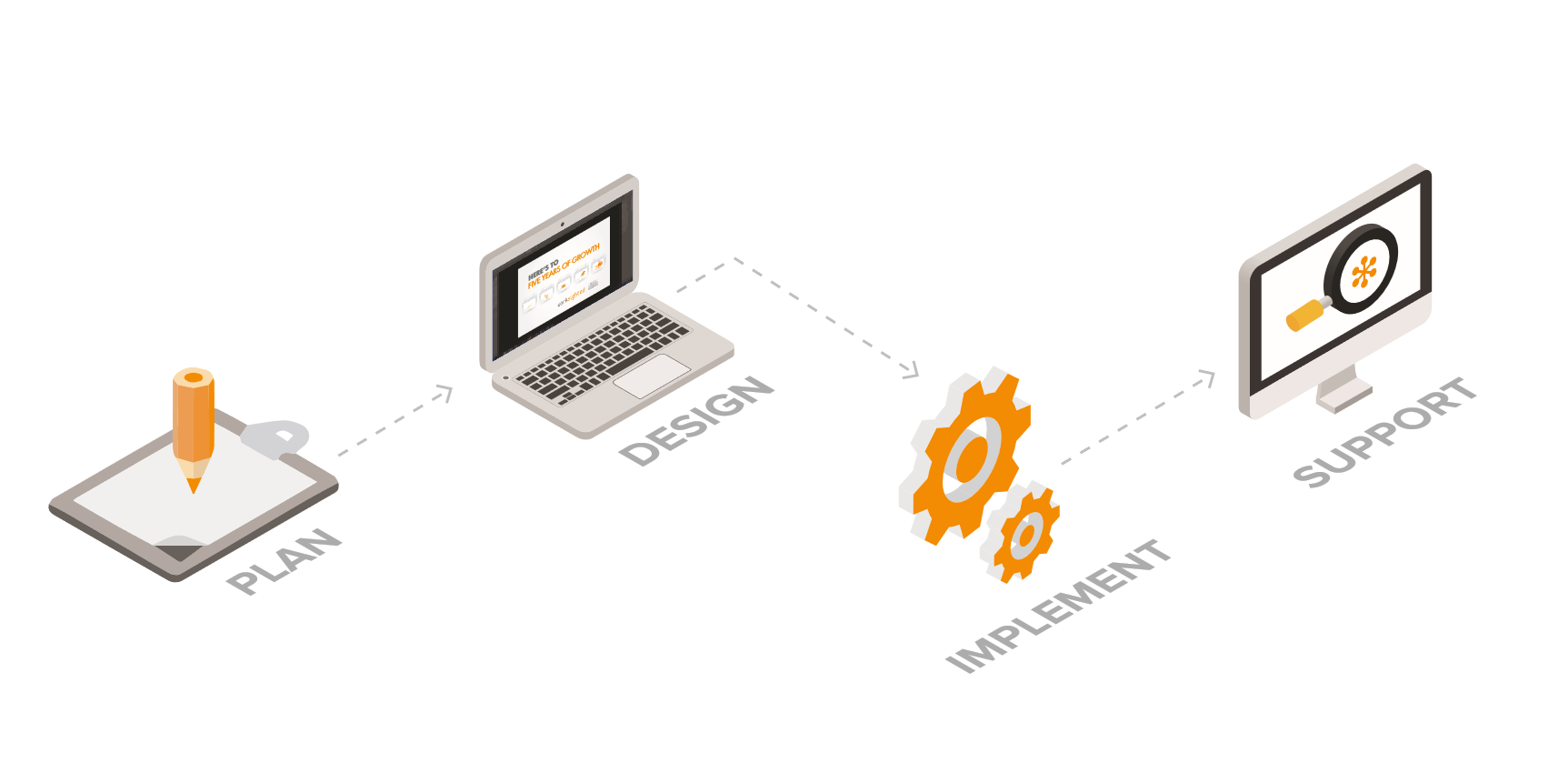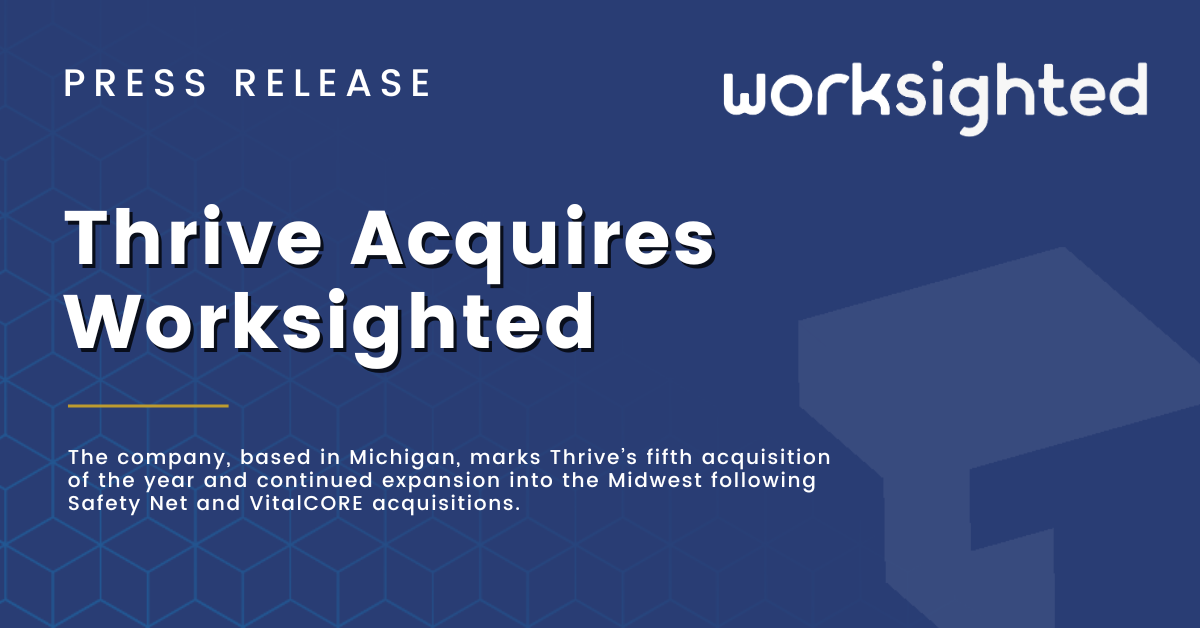Starting Fast
The phrase “fail fast” has gained a great deal of popularity. It’s a concept I love. Try something, find out quickly that it isn’t working and then adapt and change. This kind of thinking minimizes cost, minimizes risk and helps us get traction towards success. I know I often fall victim to waiting too long to accept that something isn’t working and change it. I struggle to admit failure and it’s something I am working on improving.
The Sooner We Start…
But what about starting? Nobody seems to talk about starting fast. Seems simple to me that the sooner we start, the sooner we fail and then the sooner we can succeed. But starting things, taking that first step, often feels incredibly daunting.
Plan? What Plan?
The other week, I had taken a meeting with a budding entrepreneur who was thinking of starting a business and he had some questions. He was reviewing his plan, his marketing strategy and his financial projections. He had it all together. I was impressed. He had been working on this for the better part of a year already, maybe more. After about forty-five minutes of reviewing his plan, he looked at me and said, “how does this compare to the business plan you put together?”. Almost embarrassed, I said “I never created a business plan.” “You didn’t?”, he said, almost shocked. “No”, I replied, “I didn’t know I was supposed to create one, I just started.” He looked at me confused, like I was crazy, and said “how did you start a business without all of this planning?” I thought for a minute and replied, “I guess I never read the textbook, so I didn’t know there were rules.” It dawned on me after the meeting that perhaps, not knowing that I “wasn’t ready” was one of my biggest breaks. My lack of knowledge meant a lack of fear. That lack of fear caused me to take the hardest step – the first one. There was a time and place in the market for my idea to succeed and to flourish. Had I waited to analyze it over and over again, I likely would have convinced myself it wouldn’t work or worse I would have been crowded out of the market by competitors after dragging my feet.
Survive and Thrive
See, before we start something, our brain has the ability to protect us, to keep us from making a potentially poor decision; that’s one of the brain’s critical jobs – avoid the unknown. Once the action has been taken to do something though, our brain focuses on survive and thrive rather than preservation.
I’ve come to realize that good ideas tend to have a short half-life. They tend to break down and decay, losing potency quickly as we spend hours, days, or months perfecting and shaping the concept. Often, our good decisions are left sitting and rotting on the vine while we wait and wonder if it’s time to harvest them because tomorrow’s weather always seems better. The added benefit of perfection has a high cost in terms of impact, opportunity and freshness. Haven’t we all spoken those words to ourselves, “I wish I had done that sooner.”
While failing fast is important, it cannot make up for a missed opportunity. Failing fast quickly shows you that the fruit went bad on the vine which leaves you drowning your sorrows in bad wine. We cannot fail what we do not start.
Start fast. Fail fast,
Mike





